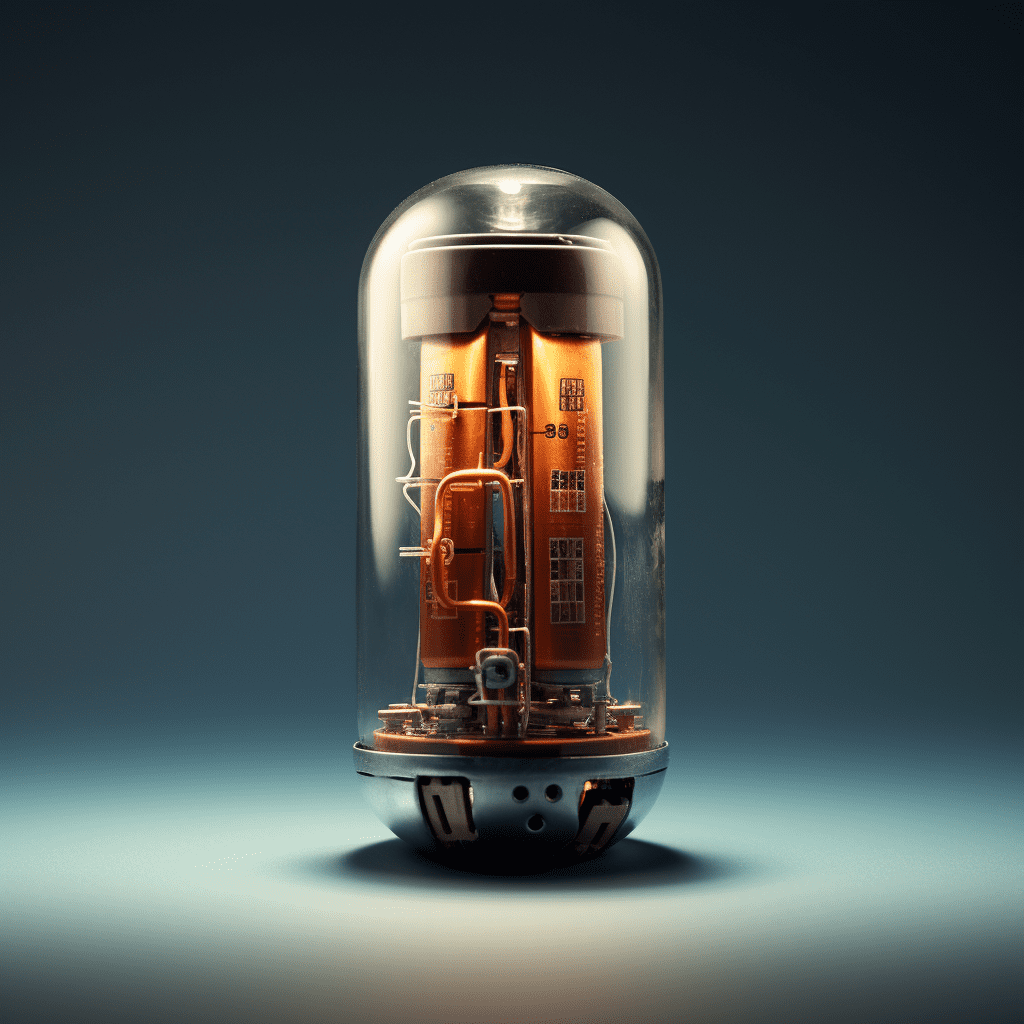Ultracapacitors, also known as supercapacitors, are revolutionizing energy storage systems with their ability to store and release energy rapidly. They offer unique advantages over traditional batteries, making them essential for applications requiring quick bursts of power and long cycle life. As demand for efficient energy storage grows, ultracapacitors are becoming increasingly important.
What Are Ultracapacitors?
Ultracapacitors are electrochemical devices that store energy through electrostatic charge separation rather than chemical reactions, as seen in traditional batteries. They consist of two electrodes, typically made from activated carbon, separated by an electrolyte. This design allows them to achieve high power density and rapid charge/discharge capabilities.
Chart: Comparison of Energy Storage Technologies
| Feature | Ultracapacitors | Batteries |
|---|---|---|
| Energy Storage Mechanism | Electrostatic charge separation | Chemical reactions |
| Power Density | High | Moderate to low |
| Charge/Discharge Speed | Very fast | Slower |
| Cycle Life | Over 1 million cycles | 2,000 – 3,000 cycles |
How Do Ultracapacitors Work?
Ultracapacitors store energy by accumulating ions at the surface of their electrodes during charging. When discharging, these ions flow back through the electrolyte, generating an electric current. This process allows ultracapacitors to deliver quick bursts of energy, making them ideal for applications that require rapid power delivery.
Why Are Ultracapacitors Important for Energy Storage?
Ultracapacitators play a crucial role in modern energy storage systems due to their ability to provide high power output and long cycle life. They are particularly valuable in applications where quick energy bursts are necessary, such as in electric vehicles during acceleration or regenerative braking.
What Are the Advantages of Using Ultracapacitors?
The advantages of ultr capacitors include:
- High Power Density: They can deliver rapid bursts of power.
- Long Cycle Life: They endure over a million charge/discharge cycles without significant degradation.
- Wide Temperature Range: They operate effectively in extreme temperatures.
- Low Maintenance: They require minimal upkeep compared to batteries.
What Applications Benefit from Ultracapacitators?
Ultr capacitors are utilized in various applications including:
- Electric Vehicles: For regenerative braking and quick acceleration.
- Renewable Energy Systems: To stabilize output and store excess energy.
- Industrial Equipment: In cranes and forklifts for quick power boosts.
- Consumer Electronics: In devices requiring rapid charging and discharging.
Chart: Applications of Ultr capacitors
| Application | Description |
|---|---|
| Electric Vehicles | Quick power delivery for acceleration and braking |
| Renewable Energy Systems | Stabilizing output from solar or wind sources |
| Industrial Equipment | Providing bursts of power for heavy machinery |
| Consumer Electronics | Rapid charging for devices like cameras or smartphones |
How Do Ultr capacators Compare to Traditional Batteries?
While both ultr capacators and batteries serve as energy storage solutions, they differ significantly in performance characteristics:
- Energy Density: Batteries typically store more energy per unit weight or volume than ultr capacators.
- Power Density: Ultrapcapacators excel in delivering high power output quickly.
- Charge/Discharge Rates: Ultrapcapacators can be charged and discharged much faster than batteries.
Why Is the Market for Ultr capacators Growing?
The market for ultr capacators is expanding due to several factors:
- Increased Demand for Fast Charging Solutions: As technology advances, there is a growing need for devices that can charge quickly.
- Growth in Electric Vehicles: The rise of electric vehicles necessitates efficient energy storage solutions that can handle rapid power demands.
- Focus on Renewable Energy Integration: As more renewable energy sources are deployed, ultr capacators help manage fluctuations in supply.
What Challenges Do Ultr capacators Face?
Despite their advantages, ultr capacators face challenges such as:
- Lower Energy Density: They cannot store as much energy as batteries, limiting their use in long-duration applications.
- Self-discharge Rates: They may lose charge over time if not used regularly.
- Cost Considerations: While prices are decreasing, ultr capacators can still be more expensive than traditional batteries on a per-energy basis.
What Innovations Are Driving Ultrapcapacitor Development?
Recent innovations include:
- Advanced Materials: Research into new electrode materials is enhancing performance and reducing costs.
- Hybrid Systems: Combining ultr capacators with batteries to create systems that leverage the strengths of both technologies.
- Improved Manufacturing Processes: Streamlining production methods is helping reduce costs and improve scalability.
How Can Ultrapcapacators Enhance Renewable Energy Systems?
Ultr capacators can enhance renewable energy systems by:
- Smoothing Output Fluctuations: They can quickly absorb excess energy generated during peak production times.
- Providing Backup Power: In case of sudden drops in generation or demand spikes, they can supply immediate power.
- Increasing System Efficiency: By managing short-term energy needs, they allow batteries to focus on longer-term storage.
Why Are Hybrid Systems Combining Batteries and Ultrapcapacators Emerging?
Hybrid systems that combine batteries with ultr capacators are emerging because they optimize performance across various applications:
- Power Management: Batteries handle long-term storage while ultr capacators manage peak demands.
- Improved Efficiency: These systems can reduce wear on batteries by allowing them to operate within optimal conditions.
- Cost-effectiveness: By utilizing both technologies, overall system costs can be reduced while improving performance.
What Is the Future Outlook for Ultrapcapacitor Technology?
The future outlook for ultr capacator technology is promising due to ongoing research and development efforts aimed at enhancing their performance and lowering costs. As industries increasingly seek efficient energy storage solutions, ultr capacators are likely to play a pivotal role in future energy systems.
Latest News
Recent advancements in ultr capacator technology have highlighted their potential as a key player in the transition towards sustainable energy solutions. Companies are increasingly integrating ultr capacators into electric vehicles and renewable energy systems, capitalizing on their rapid charge/discharge capabilities and long cycle life.
Editor Comment
“Ultr capacators represent a transformative shift in energy storage technology, offering unique advantages that complement traditional battery systems. As we move towards an increasingly electrified world, leveraging these technologies will be crucial for achieving efficiency and sustainability.”



